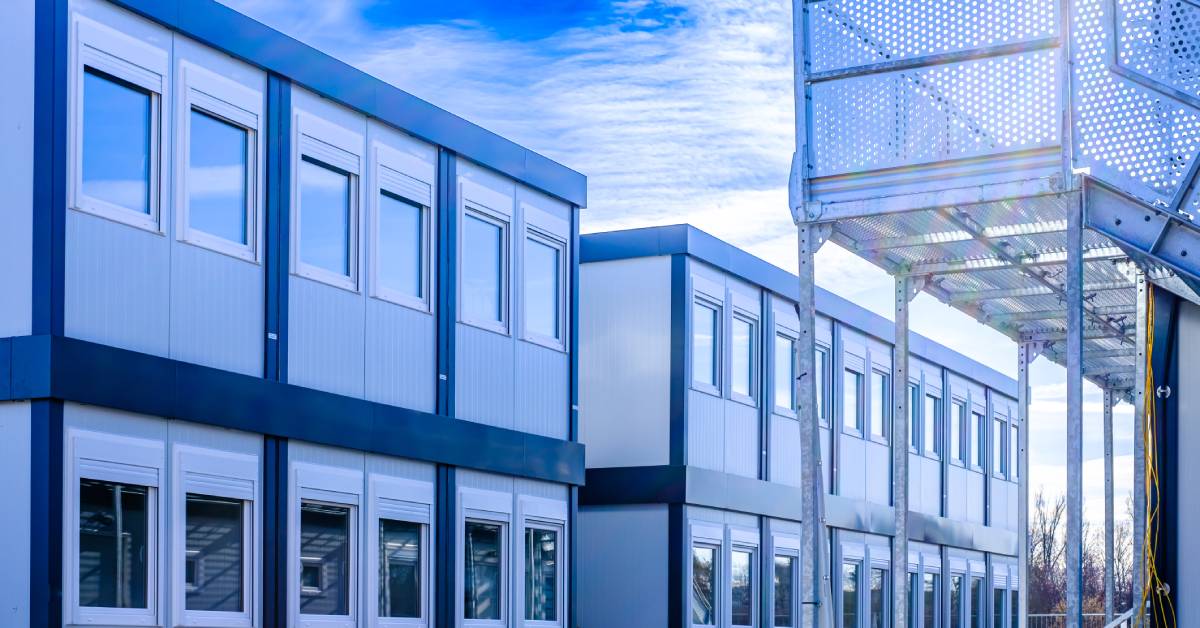Cities across America face mounting pressure to address housing shortages while maintaining sustainability goals. Traditional construction methods struggle to keep pace with demand, leading urban planners to consider innovative alternatives. Shipping container architecture has emerged as a transformative solution that addresses multiple urban challenges simultaneously.
Cost-Effective Housing Solutions
Urban housing costs continue to escalate beyond reach for many residents. Container-based construction offers a compelling alternative by reducing material expenses and labor requirements. Standard shipping containers provide pre-engineered structural integrity, eliminating the need for extensive framing and foundation work.
Sustainability Benefits Urban Planning
Environmental considerations increasingly influence urban development decisions. Container homes are reshaping urban development by repurposing existing materials that would otherwise contribute to industrial waste. Each recycled shipping container represents a substantial reduction in raw material consumption.
The steel construction of shipping containers provides exceptional durability with minimal maintenance requirements. This longevity reduces lifecycle environmental impact compared to conventional building materials that require frequent replacement or repair.
Flexible Design Options
Modern container architecture extends far beyond basic residential applications.
Urban planners use container structures for diverse functions, including affordable housing, commercial spaces, and community facilities. Creative professionals seeking unique workspace solutions often choose a shipping container studio for its distinctive aesthetic and functional flexibility.
Multi-container configurations allow complex architectural designs while maintaining cost efficiency. Developers can create apartment complexes, mixed-use buildings, and entire neighborhoods using standardized container modules. This scalability supports comprehensive urban renewal initiatives.
Speed of Construction
Traditional urban construction projects often span multiple years from planning to occupancy. Container-based development dramatically compresses these timelines through parallel manufacturing and site preparation processes. While setting up traditional foundations, container modules undergo customization in controlled manufacturing environments to ensure construction goes smoothly.
Creating Vibrant Communities
Cities recognize that container homes are reshaping urban development patterns by facilitating infill construction in previously unusable spaces.
Container architecture supports mixed-income community development by providing cost-effective units that integrate seamlessly with traditional housing stock. This integration prevents the concentration of affordable housing and promotes diverse neighborhood composition.
The distinctive aesthetic of container construction also attracts young professionals and creative individuals to urban neighborhoods.
The Future of Urban Development
Container-based construction represents more than a temporary solution to urban housing challenges. Cities increasingly recognize the long-term benefits of modular construction approaches that support adaptive reuse and flexible urban planning strategies.
If you’re ready to explore how container construction can support your urban development goals, IPME offers comprehensive design, engineering, and construction services for permanent container structures.

